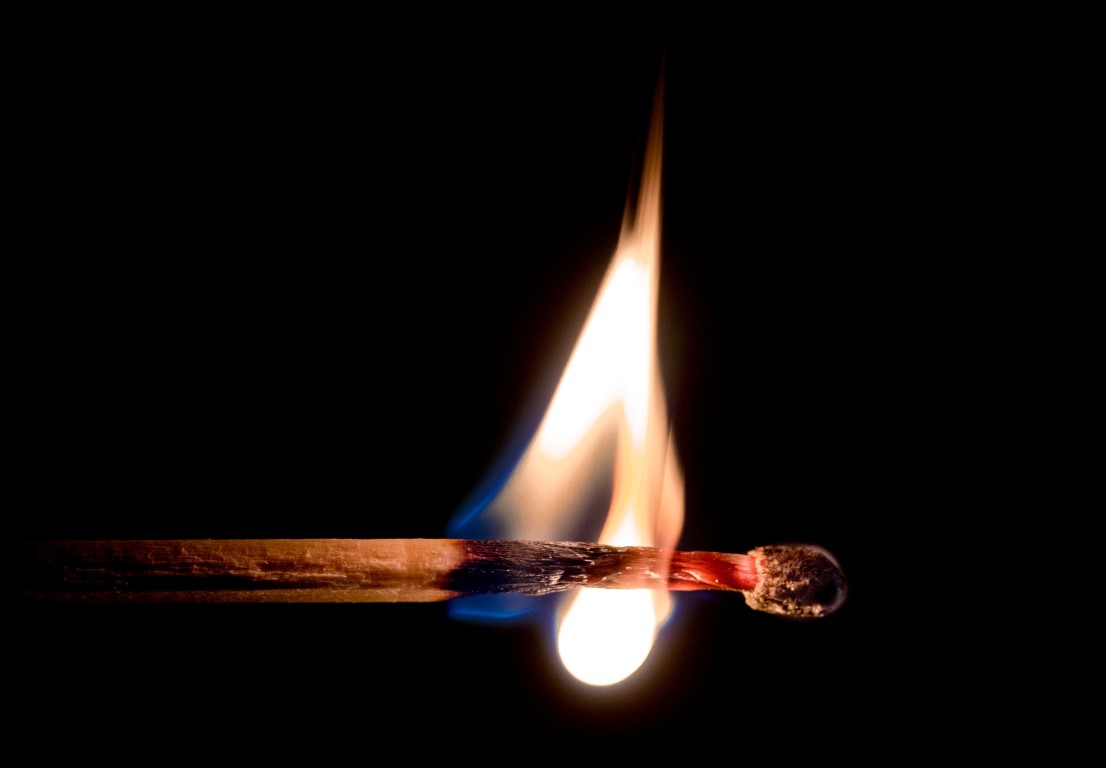With the arrival of spring, fires also increase, which by their nature put the lives of those close to them at risk. That is the importance of knowing what to do when faced with this phenomenon.
How Can I Avoid A Fire? Whether At Home Or Outdoors
- Check the electrical installation of your home or business at least once a month.
- Put out fires, avoid throwing cigarette butts, and always collect the garbage that is generated.
- Plugs must fit snugly into the outlet to avoid overheating.
- Do not cover lamps, light bulbs, or appliances with cloth.
- Keep candles, matches, lighters, and all kinds of flammable materials out of the reach of children.
- Store all flammable and hazardous liquids in hard-to-break containers with a label indicating their contents; place them in ventilated areas and out of the reach of children. Never smoke in these places.
- Remember always to have the emergency phone numbers, firefighters, Civil Protection, Police, Red Cross, etc., at hand.
What To Do During A Fire?
- If you see fire or smell smoke, immediately trigger the fire alarm.
- If the fire is of electrical origin, do not try to extinguish it with water.
- Small fires produced by oil or grease generally occur in the kitchen; in this case, suffocate them with salt, baking powder, or bicarbonate soda.
- Quickly call the fire brigades or rescue teams.
- Immediately cut off gas and power supplies.
- If your clothing or someone else’s clothing catches fire, roll or roll on the ground or quickly cover with a blanket to put out the fire.
What To Do After A Fire?
- Do not go to the loss area until the authorities determine it; it does not matter if it is your home or your work.
- Obey cleanup and evacuation directions until it is a safe area.
- Go to a medical unit for a check-up, mainly of the respiratory tract.
- It would help if you did not reconnect disconnected water, gas, or electrical installations. Beforehand, you must contact the service providers so that they can check the status of the facilities, and if repairing drywall is needed.
These recommendations will make a difference when witnessing this type of natural disaster. It is also important to remember that the priority is to call the emergency numbers since they are trained to attend and take care of citizens’ lives.


